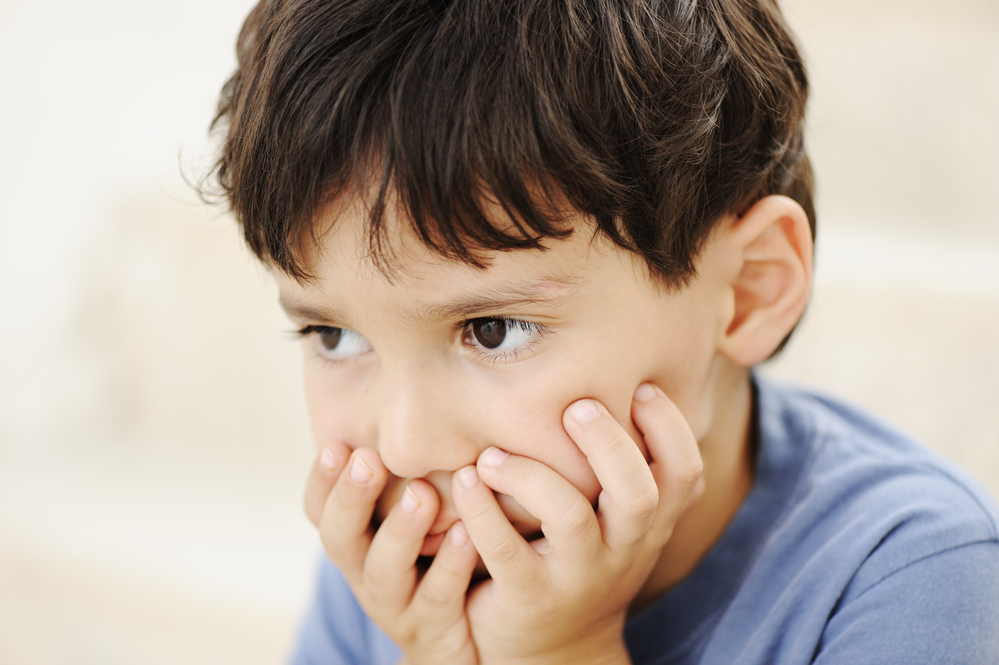Signs It’s Time To Replace Your Dentures
Dentures can be life-changing for those who have lost some or all of their natural teeth. A good quality denture can restore your ability to eat, speak, and smile with...

Pediatric obstructive sleep apnea is a sleep disorder in which a child’s breathing is partially or entirely blocked repeatedly during sleep. The condition stems from narrowing or blocked upper airways during sleep. There are critical differences between pediatric obstructive sleep apnea and adult sleep apnea. While adults typically suffer from daytime sleepiness, children are more likely to display behavioral problems.
The underlying cause of obstructive sleep apnea in adults is often obesity, while in children, the most common underlying condition is enlarged adenoids and tonsils.
Undiagnosed and untreated sleep apnea may contribute to daytime fatigue and behavioral problems at school for little ones. According to a recent study in CHEST, the official journal of the American College of Chest Physicians, children who snored loudly were twice as likely to have learning problems. Children are more likely to be hyperactive and have difficulties in paying attention after a poor night of sleep. These common symptoms are often diagnosed as attention-deficit/hyperactive disorder (ADHD), but undiagnosed sleep apnea may be the big culprit behind your child’s struggles.
During the night a child suffering from sleep apnea may display the following signs and symptoms at night while they sleep, including:
During the day, a child suffering from sleep apnea may:
As mentioned, in adults, the most common cause of obstructive sleep apnea is obesity. However, in children, the most common condition leading to obstructive sleep apnea is enlarged tonsils and adenoids. Other underlying factors can contribute to pediatric sleep apnea, including:
Left untreated, pediatric sleep apnea can lead to long periods of disturbed sleep resulting in chronic daytime fatigue. A child with untreated apnea may have difficulties paying attention in school. This can often trigger learning problems and poor academic performance. Some children also develop hyperactivity, causing them to be misdiagnosed with attention-deficit/hyperactivity disorder (ADHD).
Up to 25% of children who have been diagnosed with ADHD are estimated to have present symptoms of obstructive sleep apnea. In more severe cases, sleep apnea may be responsible for the growth and cognitive delays and heart problems. Left untreated, sleep apnea can cause high blood pressure, increased risk of stroke, and heart attack.
Your child’s pediatrician and dentist are both great resources for diagnosing pediatric sleep apnea. Mention symptoms of regular snoring, restless sleep, falling asleep during the day, and teeth grinding to your doctor at your next checkup so your child can be examined for other indications.
When obstructive sleep apnea is mild, a doctor may recommend monitoring your child’s sleep for a while to see if symptoms improve on their own. If enlarged tonsils and adenoids are the culprits behind your child’s sleep apnea, you will likely be referred to an ear, nose, and throat doctor, who may recommend:
These surgical procedures are often the most effective treatment option for children suffering from obstructive sleep apnea.
As a parent, make sure you are aware of the risk factors for sleep apnea in children. If your child is exhibiting any of these signs or symptoms, talk to your pediatrician or family dentist. Dr. Aubrey Baudean and our trained staff can assist you with a proper diagnosis.